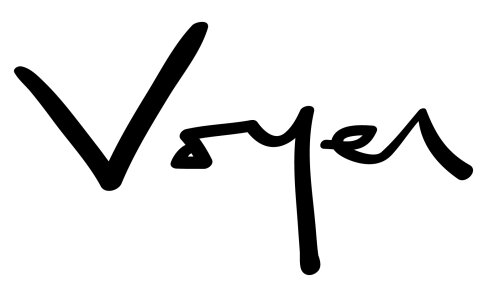Best Communications & Media Law Lawyers in Vancouver
Share your needs with us, get contacted by law firms.
Free. Takes 2 min.
List of the best lawyers in Vancouver, Canada
About Communications & Media Law in Vancouver, Canada
Communications & Media Law in Vancouver, Canada refers to the legal regulations and frameworks that govern the communication and media industries in the city. This area of law covers a wide range of issues such as freedom of speech, privacy rights, defamation, intellectual property, and more.
Why You May Need a Lawyer
Whether you are a journalist, a content creator, a media organization, or an individual facing legal issues in the communications and media sector, you may need a lawyer to help you navigate the complex legal landscape. Common situations where you may require legal assistance include defamation claims, copyright infringement issues, privacy breaches, and contract disputes.
Local Laws Overview
In Vancouver, Canada, Communications & Media Law is governed by both federal and provincial legislation. The Canadian Charter of Rights and Freedoms guarantees freedom of expression and freedom of the press, while provincial laws cover areas such as defamation, privacy rights, and intellectual property. It is important to understand these laws to ensure compliance in your communications and media activities.
Frequently Asked Questions
1. What is defamation and how does it apply to communications and media?
Defamation is when someone makes a false statement that harms another person's reputation. In the communications and media industry, defamation can occur through written or spoken words, images, or gestures.
2. How can I protect my intellectual property rights in communications and media?
You can protect your intellectual property rights by obtaining trademarks, copyrights, or patents for your creative works, brands, or inventions.
3. What are the privacy rights of individuals in communications and media?
Individuals have the right to privacy in communications and media, which includes protecting personal information, avoiding unwarranted surveillance, and controlling the use of their images or likeness.
4. What should I do if I am facing a copyright infringement claim in communications and media?
If you are facing a copyright infringement claim, you should seek legal advice to understand your rights and obligations under copyright law.
5. How do contracts play a role in communications and media law?
Contracts are essential in the communications and media industry to outline the terms of agreements between parties, such as content creators, artists, and media organizations.
6. Can I be held liable for content posted by users on my communication or media platform?
As a platform owner or operator, you may be held liable for user-generated content under certain circumstances, such as if you fail to moderate harmful or illegal content.
7. What are the regulations surrounding advertising and marketing in communications and media?
Advertising and marketing activities are subject to various regulations, including rules on truthfulness, fairness, and transparency in promotions and endorsements.
8. How can I exercise my freedom of speech rights in communications and media?
You can exercise your freedom of speech rights by expressing your opinions, ideas, or beliefs without fear of censorship or retaliation, as long as you do not violate any laws or harm others in the process.
9. Are there any restrictions on reporting news or information in communications and media?
While there are laws protecting the freedom of the press, journalists and media organizations must adhere to ethical standards and avoid publishing false or misleading information that could harm individuals or public interest.
10. What should I do if I receive a cease and desist letter related to my communications or media activities?
If you receive a cease and desist letter, you should seek legal advice to understand the claims being made against you and respond appropriately to protect your rights.
Additional Resources
For more information on Communications & Media Law in Vancouver, Canada, you can visit the Canadian Radio-television and Telecommunications Commission (CRTC) website or consult with legal organizations such as the British Columbia Branch of the Canadian Bar Association.
Next Steps
If you require legal assistance in Communications & Media Law in Vancouver, Canada, it is recommended to contact a qualified lawyer with experience in this field. They can provide you with personalized advice and representation to help you navigate legal issues effectively.
Lawzana helps you find the best lawyers and law firms in Vancouver through a curated and pre-screened list of qualified legal professionals. Our platform offers rankings and detailed profiles of attorneys and law firms, allowing you to compare based on practice areas, including Communications & Media Law, experience, and client feedback.
Each profile includes a description of the firm's areas of practice, client reviews, team members and partners, year of establishment, spoken languages, office locations, contact information, social media presence, and any published articles or resources. Most firms on our platform speak English and are experienced in both local and international legal matters.
Get a quote from top-rated law firms in Vancouver, Canada — quickly, securely, and without unnecessary hassle.
Disclaimer:
The information provided on this page is for general informational purposes only and does not constitute legal advice. While we strive to ensure the accuracy and relevance of the content, legal information may change over time, and interpretations of the law can vary. You should always consult with a qualified legal professional for advice specific to your situation.
We disclaim all liability for actions taken or not taken based on the content of this page. If you believe any information is incorrect or outdated, please contact us, and we will review and update it where appropriate.










